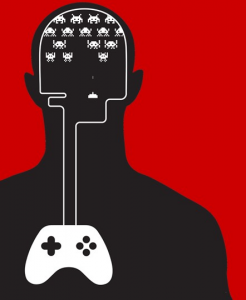Goal setting, feedback, social context, and growth mindset —if done right— improve engagement. I/O psychologist Jamie Madigan delves into the nuances that make these design elements tick.
Goal Setting
- Providing a specific, achievable goal improves performance.
- Goal specificity/clarity, feedback on performance, time/financial investment, and complexity of task modify efficacy.
- Zeigarnik Effect: Incomplete goals create mental tension and are more memorable.
- Distance to goal completion inversely correlates with persistence.
- Endowed Progress Effect: Players gifted initial progress towards a goal are more likely to complete it.
Feedback
- Positive reactions to feedback are increased effort and strategy development.
- Good feedback is specific, behavior focused, immediate and frequent, and informs players of their progress.
Social Info
- Social comparisons and the directions thereof motivate players to compete.
- Leaderboards motivate players to set goals to overtake other players.
- Big-Fish-Little-Pond Effect: Top ranked players of a low ranked league view their performance more positively than low ranked players of a top ranked league.
Growth Mindset
- Individuals with growth mindsets see ability as malleable, seek challenges, push through obstacles, and learn from criticism.
- Games designed to require multiple attempts to overcome an obstacle can provoke this mentality.
Full Psychology of Games article
